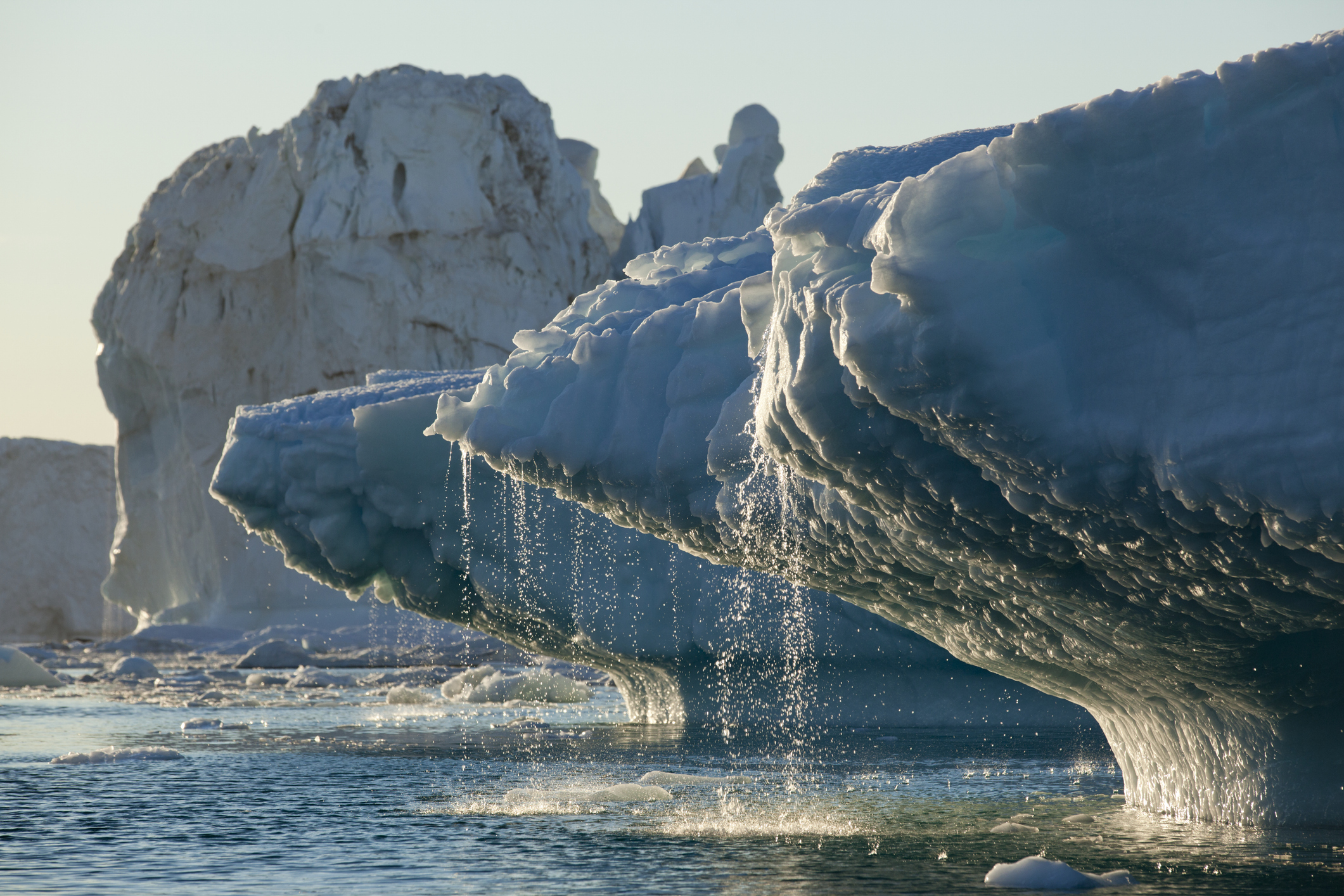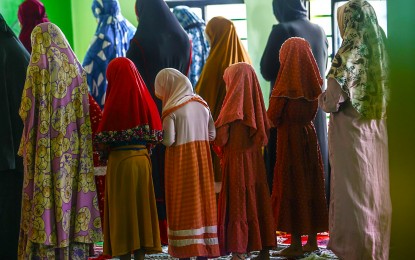UN reports record ice loss in world’s glaciers as global temperatures rise
Glaciers worldwide are melting at record rates due to rising global temperatures, according to a UN report. The rapid ice loss threatens water and food security for billions, accelerates sea level rise, and impacts indigenous communities. Scientists and global leaders call for urgent climate action to slow glacier retreat and mitigate its consequences.

Glaciers worldwide are experiencing unprecedented ice loss as global temperatures continue to rise, according to recent reports from the United Nations and affiliated organizations. This accelerated melting poses significant threats to ecosystems, water supplies, and communities globally.
Record Ice Loss Documented
A UNESCO report reveals that since 1975, glaciers have lost approximately 9,000 gigatons of ice, equating to an ice block the size of Germany with a thickness of 25 meters. Notably, the past three years have seen the largest glacial mass loss on record, with 450 gigatons lost in 2024 alone. This rapid decline affects regions from the Arctic to the Alps, South America, and the Tibetan Plateau, exacerbating economic, environmental, and social challenges as sea levels rise and vital water sources diminish.
Implications for Water and Food Security
The melting glaciers are a critical concern for water and food security. The UN warns that the rapid retreat of glaciers could jeopardize the food and water supply for up to 2 billion people globally. In regions like the Colorado River basin in the United States, higher temperatures have led to more precipitation falling as rain rather than snow, exacerbating drought conditions. This shift threatens irrigated agriculture and water supplies in mountainous areas, particularly in developing countries where over 1 billion people already face food insecurity.
Cultural and Social Impact
Beyond environmental and economic ramifications, glacier loss profoundly affects cultural and spiritual aspects of indigenous communities. For instance, in the Rwenzori Mountains of Africa, indigenous groups face challenges as glaciers they consider sacred recede, impacting their cultural practices and livelihoods. This underscores the multifaceted consequences of glacier melt, affecting not only physical resources but also the cultural fabric of societies.
Global Observations and Local Experiences
Observations from various regions highlight the widespread nature of glacier retreat. In Argentina, the Perito Moreno Glacier has become a focal point for witnessing glacier calving events, where massive ice chunks break off and plunge into lakes. Despite the lack of definitive studies, local guides have noted noticeable ice declines, reflecting broader global trends. The UN's declaration of March 21 as the inaugural World Glacier Day aims to promote glacier conservation and raise awareness about their critical role in freshwater supply.
Scientific Data and Projections
Data from the World Glacier Monitoring Service (WGMS) indicates that from 2000 to 2023, global glacier mass loss averaged 273 billion tonnes annually, totaling approximately 6,552 billion tonnes over 24 years. This loss is comparable to the entire global population's water consumption over 30 years, assuming three liters per person per day. Such significant ice loss contributes to sea-level rise, increasing the risk of floods and other natural hazards.
Call to Action
The unprecedented rate of glacier melting necessitates immediate global action. The UNESCO summit in Paris marking the first World Day for Glaciers emphasized the need for comprehensive strategies to protect these vital resources. Glaciologist Heidi Sevestre highlighted the rapid changes and their dire impacts on local communities dependent on glaciers for their water and spiritual significance. The loss also affects global populations, making it essential for extensive scientific research, better monitoring systems, and proactive measures to mitigate these impacts.
- https://www.reuters.com/business/environment/worlds-glaciers-are-losing-record-ice-global-temperatures-climb-un-says-2025-03-21/
- https://www.canberratimes.com.au/story/8923018/glaciers-are-losing-record-ice-as-temps-climb-report/
- https://healthpolicy-watch.news/many-of-the-worlds-glaciers-will-not-survive-this-century-with-dire-consequences-for-hundreds-of-millions/
- https://news.un.org/en/story/2025/03/1161296
What's Your Reaction?












/https://tf-cmsv2-smithsonianmag-media.s3.amazonaws.com/filer_public/54/66/546650fa-26a4-40fd-8d6d-5a7a04540f81/rosetta2.png)
:max_bytes(150000):strip_icc():focal(999x0:1001x2)/robert-prevost-050825-1-39395418ab494da5a3a700c9478e66c8.jpg)















































format(webp))
format(webp))

























